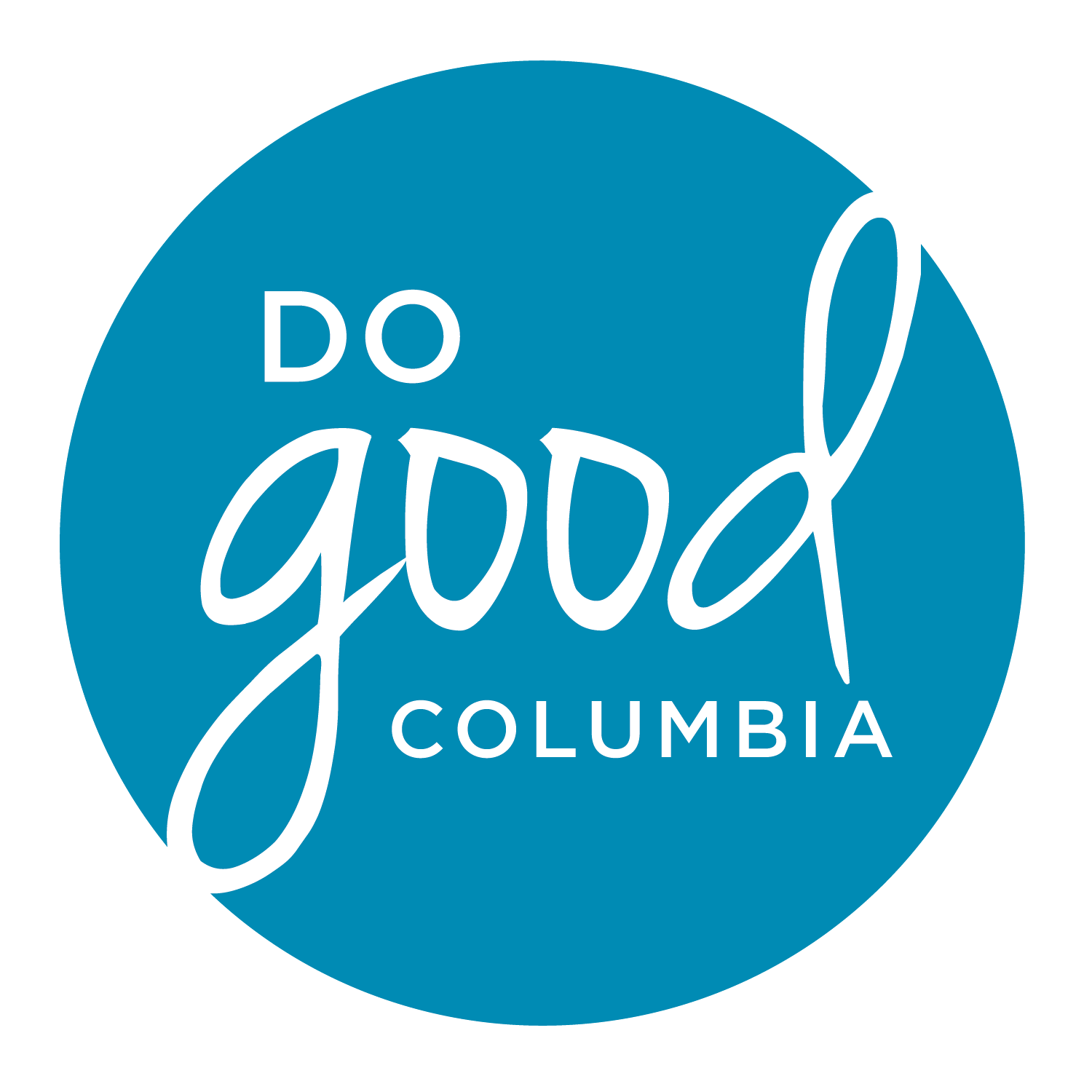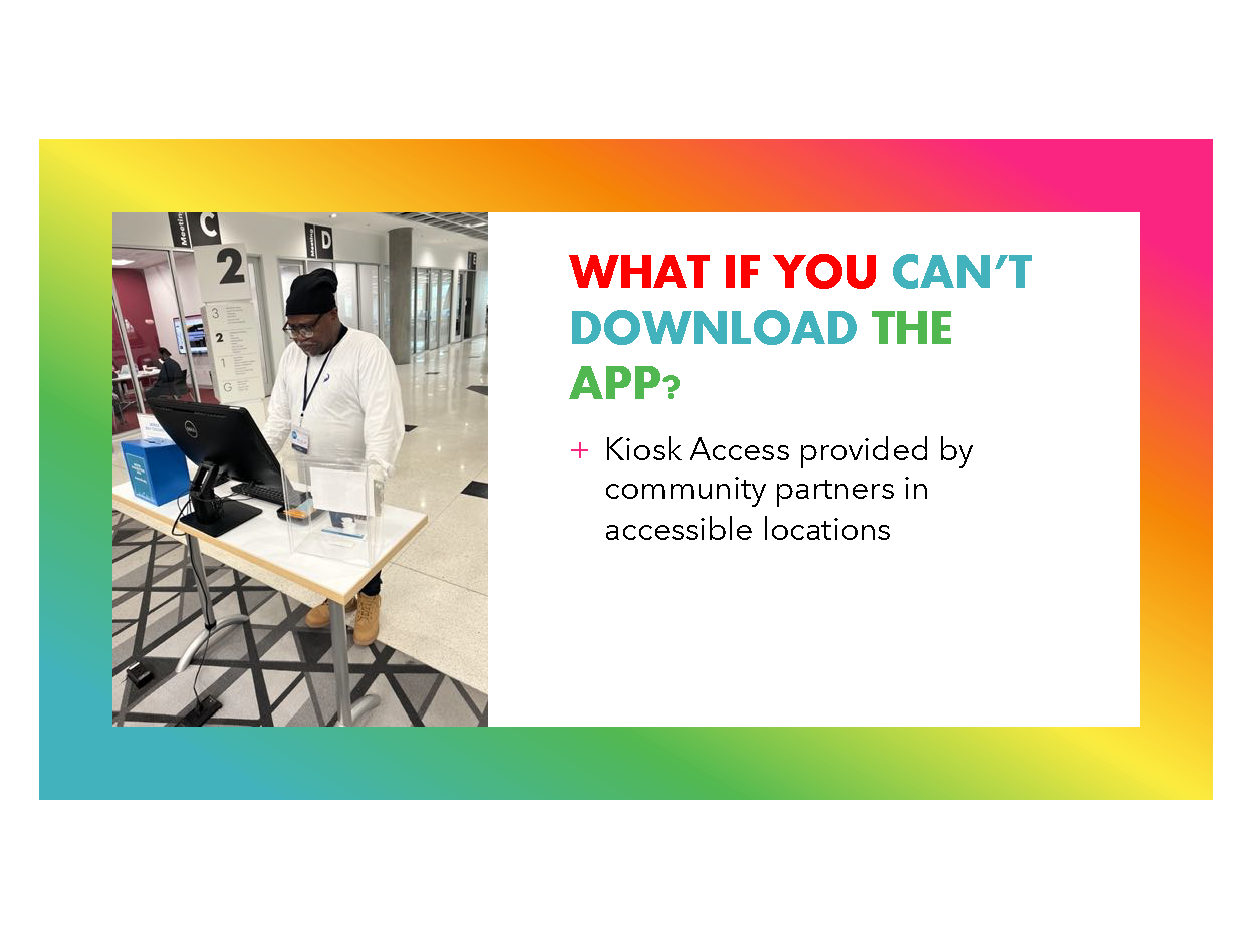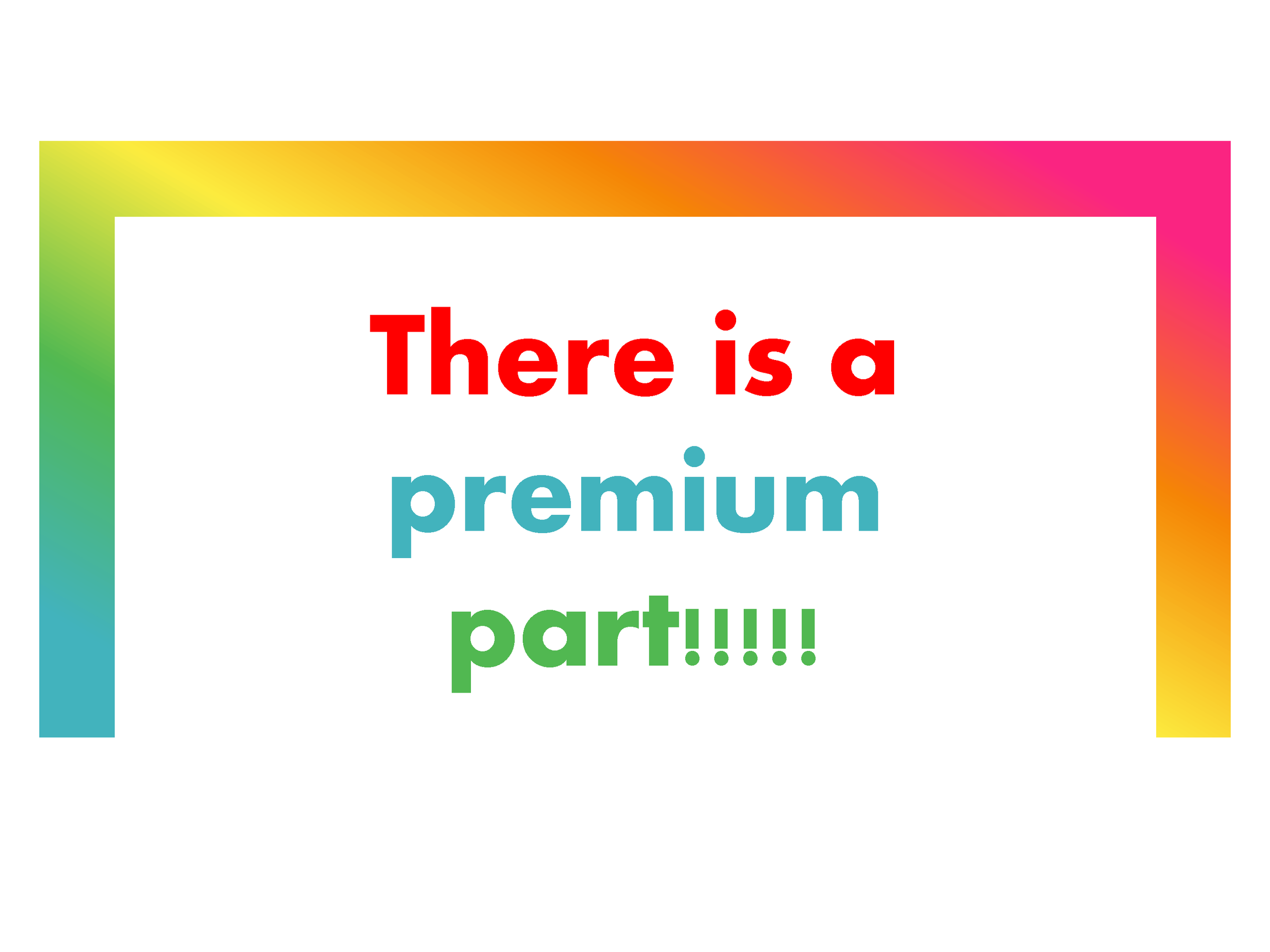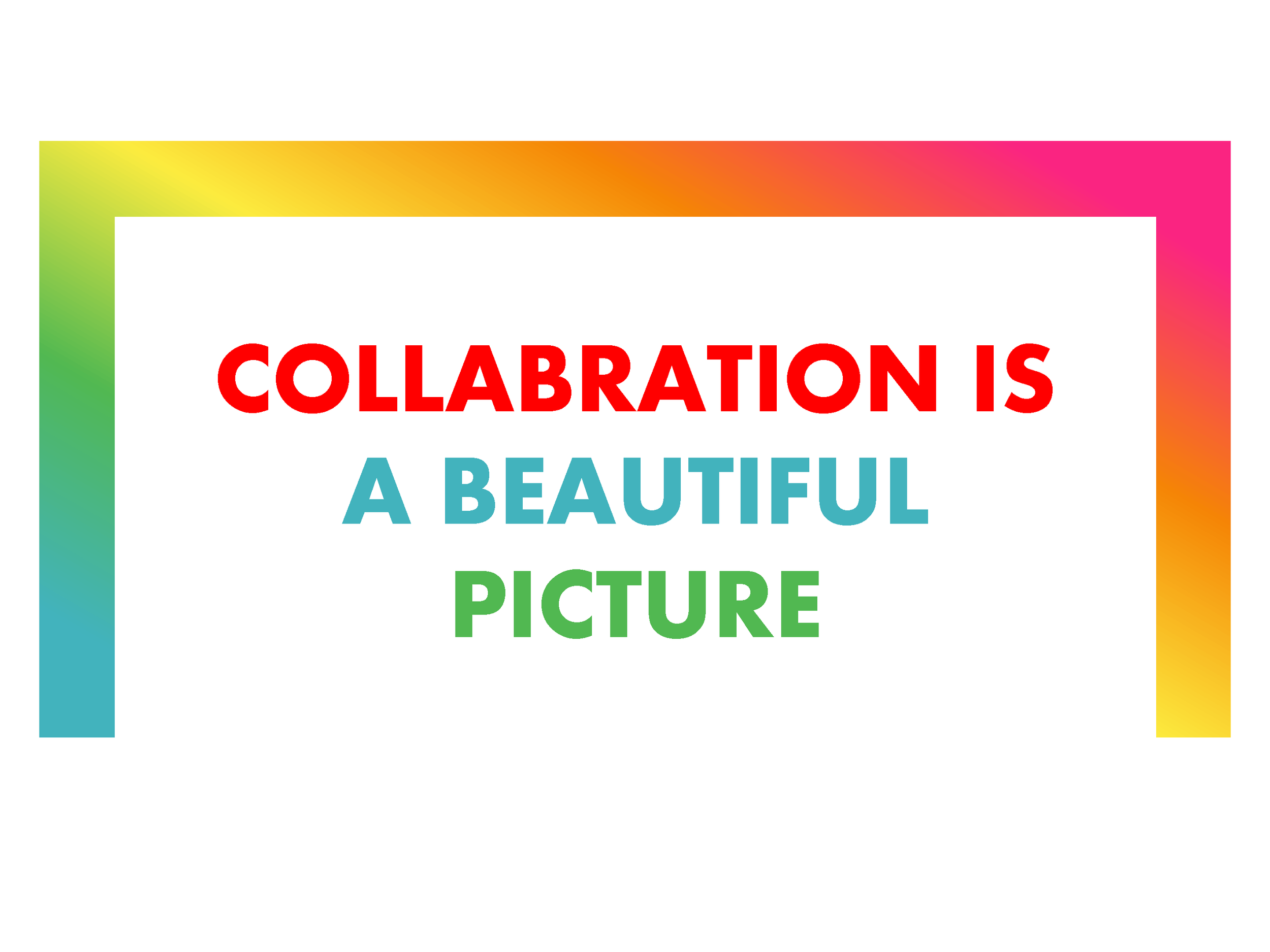How might we strengthen support for and collaboration among service providers working with people experiencing homelessness and housing insecurity?
Over the course of three days in February 2023, sixty-six participants representing more than thirty agencies and people with lived experience created responses to the question above. The themes below — many connected and building on one another — were represented in multiple teams’ pitches during the Do Good Columbia 2023 event.
1. STRONGER CONNECTIONS + NETWORKING AMONG SERVICE PROVIDERS
Service providers are hungry for more opportunities to connect. Whether over drinks or Zoom, a desire to speak more frequently, to have timely information about services and resources available to clients and to better and more fully understand what each agency does/doesn’t do was addressed in multiple teams’ concepts. Coordinating meetups, continuing education opportunities, or even service providers “fairs” where clients are welcomed were some of the activities presented. A desire to know each other by name and to feel connected to a person, not just the organizations was expressed by service providers and clients alike.
2. ROLE OF MACH
The Midlands Area Consortium for the Homeless (MACH) is recognized as an existing, long-standing, organization charged with communicating with and funding their service provider members. The potential to revise and expand their role (or to make MACH’s work more visible) seems great. Whether providing training on Homeless Management Information System (HMIS), modeling service agreements between and among providers, or acting as convener for meetups, participants expressed excitement about the potential of MACH to create a stronger collaboration among providers.
3. USING EXISTING TECHNOLOGY EFFECTIVELY
There was near unanimous acknowledgment that good and effective use of technology could provide more access to resources and more independence among clients. Most solutions envisioned robust and creative use of hardware (Kiosk for resource access placed in key locations) or software (fully using or improving upon HMIS) or maximized use of existing capabilities like texting and QR Codes.
While several teams mentioned the desire for customizable software applications that can do everything from managing client data to facilitating access to resources, this requires significant start-up and maintenance costs. Investigating ways to maximize or use an existing platform may be more attainable.
Note: Feelings about HMIS ranged from dismissive (not user friendly; only use it when required by funders) to optimistic (need more training to fully understand what it can do; need to add more features). These perceptions need to be considered carefully and better understood.
4. CONSOLIDATE RESOURCE DOCUMENTS
There are numerous lists, catalogs, documents, databases meant to share resources and services with those experiencing homelessness/housing insecurity. These are created locally by agencies (Richland Library), people with lived experience (Regi Solis’ Needful Things) as well as developed using a national platform. Is it necessary or helpful to have so many? Would one source list invested in by service providers be more effective? Many acknowledged that while an agency may have a consistent mission, their programs and initiative change frequently and the need for timely updates would need to be addressed in any resource list. Once there is a source list with verifiable information, worthy of sharing, we can use existing platforms (like 211; Richland Library) or new ones (QR Codes) to make it available to potential clients.
5. CLIENT CONTROL OF DATA
Clients need access to their essential and critical documents—like ID card, driver’s license, Social Security cards/number, and birth certificates. It is common to have access to copies of those documents facilitated on behalf of the client (sometimes multiple times) by (sometimes multiple) service providers. Common platforms that allow access to personal health data (Prisma’s MyChart, for example) were discussed as analogous to what those experiencing homelessness should have access to. A “document bank” that allows log in and password access to personal, critical information was discussed. Giving clients agency and access to their personal data, in a way that is respectful of their sometimes challenging situations and limited resources, was a basic tenant of many presentations.
6. UNIVERSAL IN-TAKE
To help facilitate client control of data, clients should also have an easy way to tell their stories and apply for assistance via a mechanism that can be saved and shared with multiple service providers. Saving time of the care providers, reducing trauma and better services for clients, were frequently mentioned as justification for this recommendation. The current HMIS may have these capabilities.
7. REIMAGINE “NO WRONG DOOR”
Low-tech ideas like resource boards and decals on the windows of places that can provide service or referrals, were mentioned. Using QR codes or other technology to make access to services clearer and ubiquitous was a common theme. In addition, knowing, postreferral, when a client has been helped, will help intentionally close the loop and build trust among service providers.
8. RECOMMIT TO “NO WRONG TIME”
A key barrier articulated by clients and providers is that there may not be assistance for those in need during evenings or weekends. Service providers already at capacity recognize this issue as well. While not always ideal, law enforcement and hospitals fill the gap. Some concepts enlisted the help of subsidized ride-sharing services to help transport clients to services, whatever their schedule. “On call” models for other industries exist and may provide insight into a way to provide 24/7 services for those experiencing homelessness.
9. HUMAN-CENTERED ABOVE ALL
No matter the technology or process adopted, a desire for people-to-people connections and relationships, based on mutual respect and care, was repeatedly mentioned. Although many working in social services share professional values, there is an opportunity to create shared experience and customer service principles or commitments (possibly expressed through partnership or service agreements) to ensure every client, no matter how many agencies they interact with, has the best possible experience and outcome.
Enlisting the help of those with lived experience, interns, or volunteers as “navigators” and “street teams” that go where and when people need them was a common idea.
10. TRUST + TRANSPARENCY
Service providers expressed that in addition to understanding an agency’s mission and who they serve, they want to trust that if they refer a client to another agency, their needs will be met. “Warm handoffs,” super-timely information, knowing an individual to call, are just some of the ideas shared about how to ensure they make effective referrals.
Service providers were described as appearing “siloed.” This was also expressed as a lack of understanding or sharing among each other what programs and services they offer—which can fluctuate over time, with new funders, mandates, etc. Service providers feeling pinched for capacity may also lack the time or tools that help them readily share timely information with one another.
Lastly, a culture of collaboration and support within each agency will help with external relationships and behavior as well.














